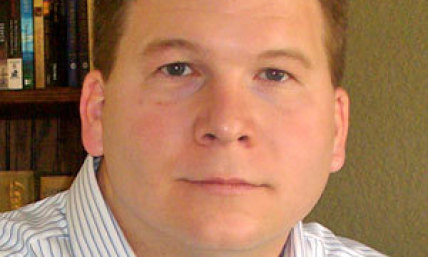Social science and cultural narratives: Truth over ideology
For the past several years, social scientists have been increasingly aware of what is called the “replication crisis” in their disciplines.
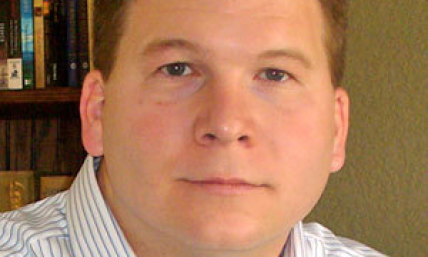
For the past several years, social scientists have been increasingly aware of what is called the “replication crisis” in their disciplines.

Recently, archaeologists working in northern Peru made a discovery they called “disturbing and disquieting.”
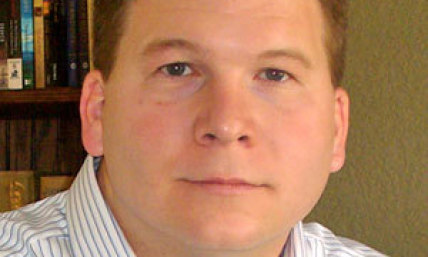
Over the past week, Senior Colson Fellow Glenn Sunshine has taken to Facebook to do something that much of the mainstream media—to its discredit—has neglected to do: alerting people to what is happening to Christians in places like Nigeria.

On Tuesday, the Justice Department announced the indictment of fifty people, including a pair of well-known actresses, for their participation in a series of schemes to get their kids admitted to elite colleges and universities.
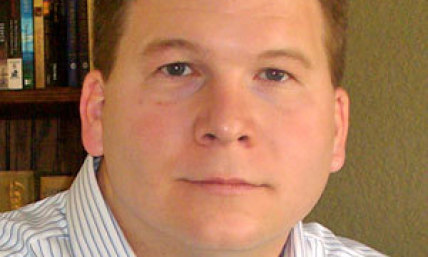
I wonder if one thing we all might strive to give up this Lent is contempt. It’s the conviction that while your side “is driven by benevolence,” the other side “is evil and motivated by hatred.”
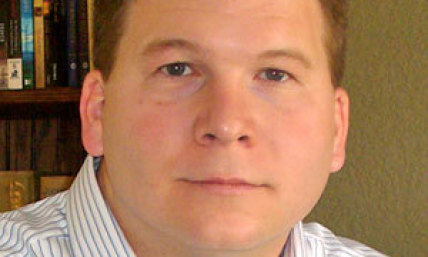
In his latest book, “Can Science Explain Everything?” Lennox makes a compelling case against what is known as “scientism,” the ideology that insists that “science” is or should be the sole criterion by which society should know what is true and good.

If the American Humanist Association prevails, the implications would reach far beyond this memorial in Maryland to any and all memorials on public land everywhere in the country. Any of them with anything resembling a cross or religious symbol of any kind would be fair game.

In a recent column in the Times of London, Navratilova wrote that allowing male athletes who identify as transgender to compete against biological women is “insane.”

Unfortunately, short of divine intervention, it may be that things will get significantly worse. As I’ve told you before on BreakPoint, Xi Jinping has become the most powerful Chinese leader since Mao.

There’s a whole host of “should-be-dead-by-now” ideas having to do with so-called “overpopulation.” I say “so-called” because virtually every dire prediction Paul Ehrlich made fifty years ago in his book “The Population Bomb” was wrong. Spectacularly wrong, in fact. Yet Ehrlich’s ideas remain an article of faith among many—and I mean that literally.
